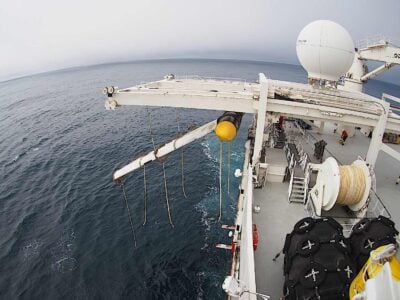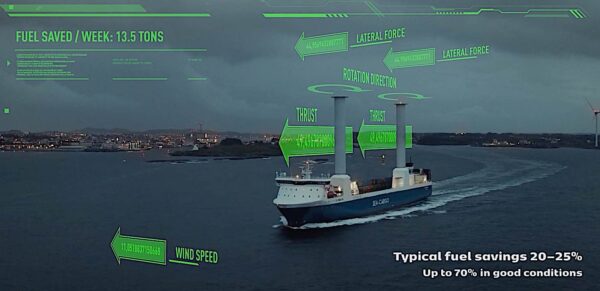After raising the possibility of filing a complaint with the World Trade Organization and potentially getting into a trade war with the European Union, Canada’s minister of natural resources, Joe Oliver says Canada is not looking for a fight. Yesterday, Oliver warned EU officials against “discriminatory treatment” of fuels made from products of Canadian oil sands. Oliver met in Brussels with European Commission officials including Gunther Oettinger, commissioner for energy, and Antonio Tajani, vice-president of the EC responsible for industry and entrepreneurship.

The heart of the dispute is a proposed Fuel Quality Directive put forward by the EC, which assigns fuels derived from oil sands an especially high value in calculations of “greenhouse gas intensity.” This is one of the key parameters in proposed controls on vehicle fuel. European refiners who used heavy feedstock from Canada would be penalized under the proposal.
However, at this time Canada does not export oil to Europe. Nevertheless, environmental groups in Europe continue to campaign against oil-sands products, which they say contribute disproportionately to emissions of greenhouse gases (GHG) and global warming.
Oliver said in London today that while Canada hopes for a positive outcome in the dispute with the EC, he would still consider going to the WTO if changes to the Fuel Quality Directive are not made. He said that Canada was simply looking for a “science-based” approach that is fair. How likely that is remains a big question, as the directive has already been adopted and is in the process of being implemented.
Canada and the oil sands industry have always maintained that GHG emissions and chemical properties of oil sands crude are similar to those of other heavy crudes produced elsewhere in the world and consumed in Europe.
































